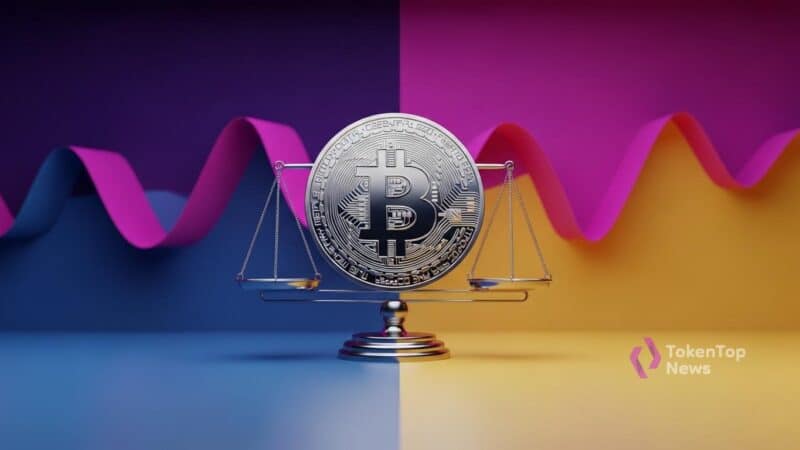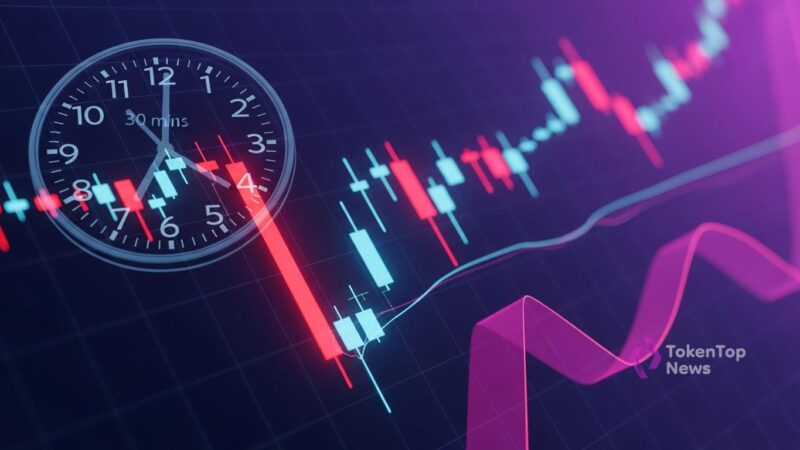Goldman Sachs Lowers U.S. Recession Probability Amid Eased Trade Tensions
- Goldman Sachs updates U.S. recession outlook, adjusting risk to 30%.
- Trade deal eases economic uncertainties.
- Markets respond positively to reduced recession odds.

Goldman Sachs Group, Inc. has adjusted its forecast probability for a U.S. recession in the next 12 months, reducing it from 35% to 30% amid easing trade disputes with China.
The reduction in recession probability by Goldman Sachs is pivotal as it signals improved economic conditions following U.S.-China trade deal developments.
Goldman Sachs’ latest macro strategy update reflects a more optimistic economic outlook. It attributes this change to eased trade tensions between the U.S. and China, noting improvements in financial conditions. These developments followed new tariff agreements, easing uncertainty among investors.
“Broad financial conditions have now eased back to roughly pre-tariff levels… (and) measures of trade policy uncertainty have moderated a bit following steps toward de-escalation,” – Goldman Sachs Group, Inc.
The alteration in recession probability involves the Goldman Sachs research team adjusting U.S. macroeconomic forecasts. The forecast revision is influenced by changes in trade policy, as both nations progress towards more stable relations, minimizing the previous economic strain.
Markets saw immediate effects as investor sentiment turned positive, buoyed by the revised recession outlooks. Major indices showed recovery, as worries over a sluggish economy diminished. These developments boost confidence, allowing more predictable financial planning.
The revised prognosis includes an increase in projected GDP growth to 1.25% for 2025. The political ramifications of the U.S.-China trade deal play a critical role. This agreement’s progress has changed risk perceptions, encouraging foreign and domestic investments.
Historically, easing geopolitical tensions correlate with a lower risk aversion among investors, often leading to enhanced crypto market activity. The decrease in economic risks and revitalized investor optimism might, therefore, indirectly foster further investments into high-yield assets, including cryptocurrencies.



